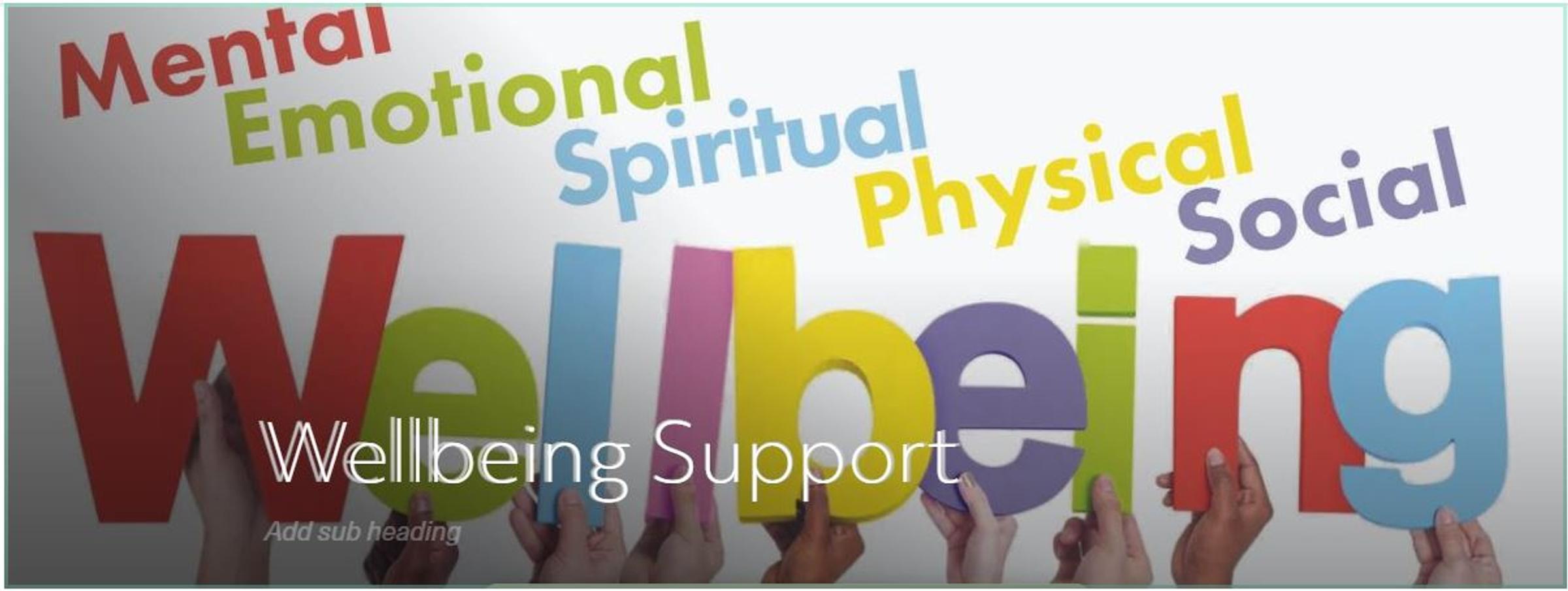Wellbeing

Navigating Adolescent Grief: Understanding and Supporting Teens in Their Journey
Introduction
Adolescence is a complex and transformative stage of life, marked by emotional, physical, and social changes. When a young person experiences grief during this already tumultuous time, it can feel overwhelming, isolating, and difficult to process. Understanding how adolescents experience and express grief is essential to offering them effective support.
Understanding Adolescent Grief
Grief during adolescence may manifest differently from the way it does for adults. While teens have a more developed cognitive ability to understand the concept of death and loss, they may lack the emotional maturity or coping mechanisms to process these feelings. Their grief can present in various ways, such as:
1. Intense Emotions: Adolescents may experience waves of sadness, anger, guilt, anxiety, or even numbness. They might feel overwhelmed or unable to predict their emotional responses.
2. Changes in Behavior: Teens might become withdrawn, irritable, or uncharacteristically rebellious. Alternatively, some may adopt hyper-responsibility, appearing unaffected while burying their feelings.
3. Impact on Identity: Adolescents are in a critical phase of forming their identities. Experiencing loss can lead to questions about their role in their family, friendships, and how they perceive themselves.
4. Peer Relationships: Friends often serve as a primary support network for teens, but grief can strain or change these relationships, making adolescents feel even more isolated.
Supporting Adolescents Through Grief
Supporting a grieving adolescent involves patience, empathy, and a willingness to meet them where they are. Here are some strategies that can help:
1. Create a Safe Space: Let teens know they can express themselves without fear of judgement. Encourage open conversations and acknowledge their feelings as valid.
2. Offer Consistency and Routine: Grief can make life feel unpredictable. Maintaining a sense of routine and structure can provide teens with stability and comfort.
3. Encourage Creative Expression: Writing, art, music, or physical activity can provide outlets for processing emotions. Encourage teens to explore what feels right for them.
4. Model Healthy Coping: Adults in teens’ lives should model healthy ways of coping with grief, such as talking openly, seeking support, and taking care of themselves.
5. Be Patient and Observant: Adolescents may need time to open up. Watch for signs that they’re struggling to cope—like changes in eating, sleeping patterns, or academic performance—and seek professional help if needed.
6. Normalise Seeking Help: Reassure teens that seeking professional help—through therapy or support groups—is a courageous and positive step, not a sign of weakness.
When to Seek Additional Help
While grief is a natural response to loss, some teens may become overwhelmed to the point where it impacts their day-to-day functioning. Persistent feelings of hopelessness, drastic behaviour changes, or thoughts of self-harm are signs that more intensive support is needed. Reach out to school counsellors, therapists, or support groups specialising in adolescent grief.
Griefline: 1300 845 745
National helpline
Conclusion
Grieving as an adolescent can be a confusing and lonely journey, but no teen should have to go through it alone. By understanding their unique needs and offering compassionate support, we can help guide them through their grief and toward healing. Patience, empathy, and genuine connection make all the difference in their journey.
Teen grief https://www.talkspace.com/blog/teen-grief/
Wellbeing Team
